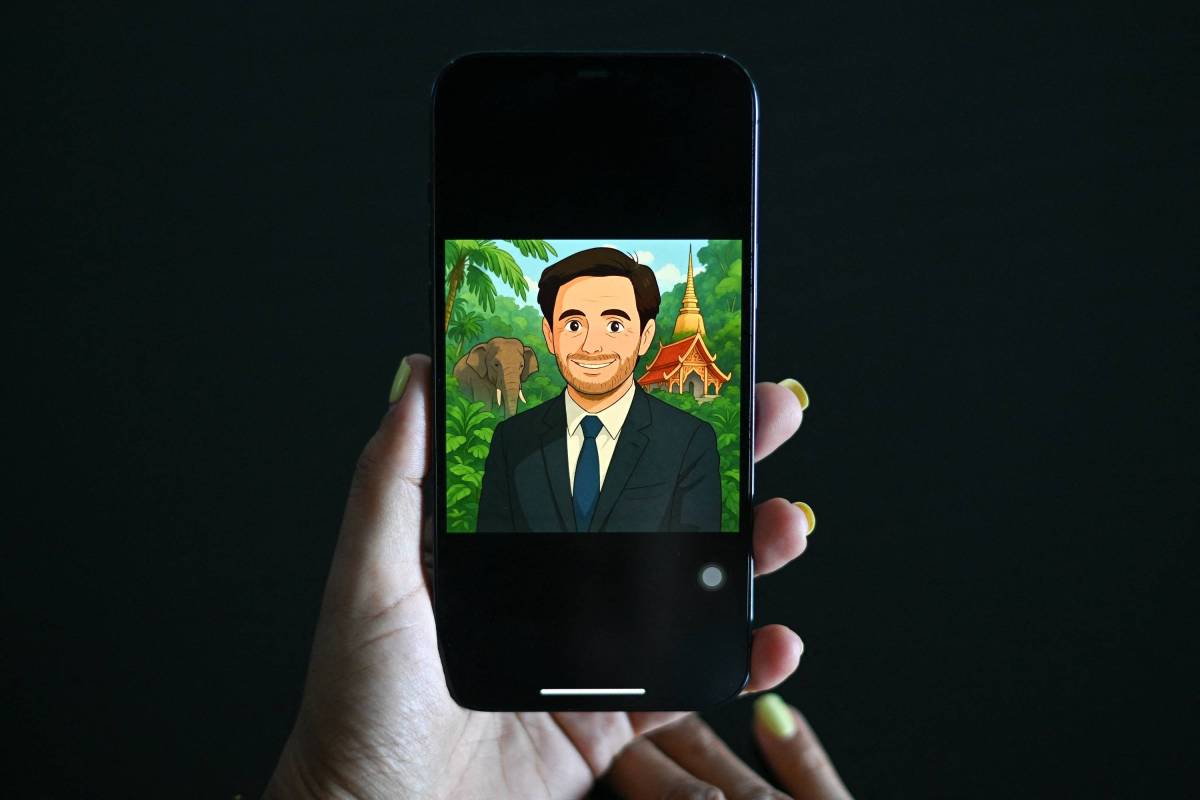Japanese Publishers Demand OpenAI Halt Use of Their Works for AI Training

Key Points
- Japanese trade group CODA represents publishers including Studio Ghibli.
- CODA asked OpenAI to stop training AI models on members' copyrighted works without permission.
- OpenAI’s image and video generators have enabled users to create content in the style of protected works.
- CODA cites Japanese law requiring prior permission for use of copyrighted material.
- The request adds to ongoing legal debates in the U.S. and Japan over AI training practices.
- Studio Ghibli co‑founder Hayao Miyazaki previously criticized AI‑generated versions of his work.
- Other entities such as Nintendo and the estate of Dr. Martin Luther King, Jr. have also voiced concerns.
A Japanese trade group representing publishers such as Studio Ghibli has asked OpenAI to stop using its members' copyrighted material to train AI models without permission. The request follows growing concerns that OpenAI’s products, including its image and video generators, allow users to create content that imitates protected works. CODA argues that under Japanese law prior permission is required and that the current practice could constitute copyright infringement. The move adds to ongoing debates in the United States and elsewhere about how AI companies may use copyrighted material for training.
Background
A Japanese trade organization representing publishers, including the famed animation studio Studio Ghibli, sent a letter to OpenAI urging the AI company to cease training its models on the members’ copyrighted works without permission. The appeal comes after OpenAI’s image generator, released in March, became popular for prompting recreations of personal photos in the style of Studio Ghibli’s films. Even OpenAI’s CEO, Sam Altman, briefly used a “Ghiblified” picture as his profile image on X.
CODA’s Request
The Content Overseas Distribution Association (CODA) formally requested that OpenAI refrain from using its members’ content for machine‑learning purposes without prior consent. CODA stated that under Japan’s copyright system, prior permission is generally required and there is no provision allowing entities to avoid liability for infringement through later objections. The association warned that replicating copyrighted works during the training process may constitute infringement.
OpenAI’s Approach
OpenAI’s current practice, according to CODA, is to adopt a “ask forgiveness, not permission” stance, making it easy for users to generate photos and videos that feature copyrighted characters or likenesses of deceased public figures. This approach has already drawn complaints from other entities, including Nintendo and the estate of Dr. Martin Luther King, Jr., who fear deep‑fake creations could be produced using OpenAI’s tools such as the Sora video generator.
Legal Context
The legal landscape surrounding the use of copyrighted material for AI training remains unsettled. In the United States, a recent ruling by federal judge William Alsup found that Anthropic did not violate copyright law by training on copyrighted books, though the company was fined for pirating the books it used. Japan’s CODA argues that the same reasoning may not apply under Japanese law, which emphasizes prior permission.
Industry Reaction
Studio Ghibli’s co‑founder Hayao Miyazaki, though not directly commenting on the current request, previously expressed strong disapproval of AI‑generated interpretations of his work, describing them as “an insult to life itself.” The growing tension highlights broader concerns among creators worldwide about the impact of generative AI on intellectual property rights and the need for clearer regulatory frameworks.